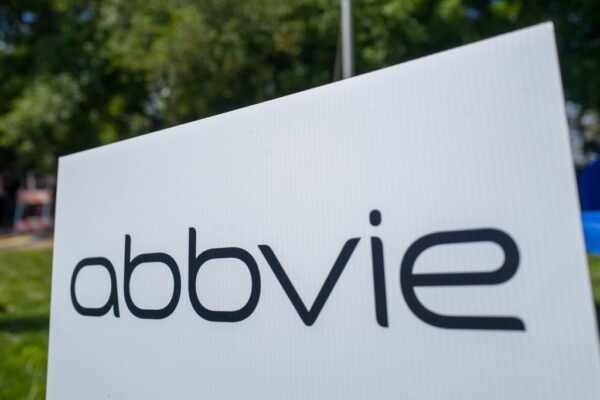
AbbVie has inflammatory bowel disease covered with blockbuster drugs now on the market and additional drug candidates in clinical development. The pharmaceutical giant is diversifying its IBD prospects, getting yet another candidate through the acquisition of Celsius Therapeutics, a clinical-stage startup whose lead program brings a different approach to treating inflammation.
Under deal terms announced late last week, AbbVie has acquired all outstanding shares of privately held Celsius for $250 million in cash.
Celsius’s lead program, CEL383, is an antibody designed to block TREM1, a protein that plays a role in amplifying inflammation. This protein, expressed on certain immune cells, is upstream of other known inflammatory pathways and acts as an amplifier of inflammation, the companies said. In preclinical research, Cambridge, Massachusetts-Celsius reported its drug inhibited TREM1 signaling. A Phase 1 test in inflammatory bowel disease (IBD) began last year. AbbVie’s acquisition announcement notes that the Phase 1 clinical trial is complete but no details about the results were disclosed.

The Power of One: Redefining Healthcare with an AI-Driven Unified Platform
In a landscape where complexity has long been the norm, the power of one lies not just in unification, but in intelligence and automation.
“Given the potential relevance of TREM1 as a key driver of inflammation and pathology in IBD and other conditions, we are eager to advance the development of CEL383 with a goal of helping more patients with IBD achieve remission,” AbbVie Vice President, Global Head of Immunology Clinical Development, Kori Wallace, said in a prepared statement.
CEL383 was discovered and developed with Celsius’s platform technology, which enables single-cell analysis of clinical samples. Analysis of cells enables the startup to better understand cellular interactions that cause disease. Celsius was formed by venture capital firm Third Rock Ventures, launching in 2018 backed by $65 million. The company last raised money in 2022, extending the Series A round and completing a Series B financing for $83 million total. Besides immunology, the startup has also applied its technology to cancer drug research.
The approved indications for blockbuster AbbVie antibody drug Humira include ulcerative colitis and Crohn’s disease, two types of IBD. The company’s Rinvoq, a small molecule that blocks inflammation-driving proteins called Janus kinases, also has approvals in both indications. The AbbVie antibody drug Skyrizi recently won a regulatory nod in ulcerative colitis following a 2022 FDA approval in Crohn’s.
AbbVie’s Celsius acquisition follows two other recent business deals to bolster its IBD drug pipeline. Two weeks ago, AbbVie licensed rights to a FutureGen antibody in preclinical development for IBD. This drug candidate, FG-M701, addresses a target called TL1A. It’s a competitive target as Merck, Sanofi, and Roche have all struck business deals for clinical-stage TL1A-targeting assets.
AbbVie is taking yet another approach to IBD with a drug candidate from Landos Biopharma, whose small molecule targets NOD-like receptor X1, or NLRX1, which modulates inflammatory proteins in the gastrointestinal disorder. AbbVie acquired Landos earlier this year for $137 million up front.
Photo: Smith Collection/Gado, Getty Images








